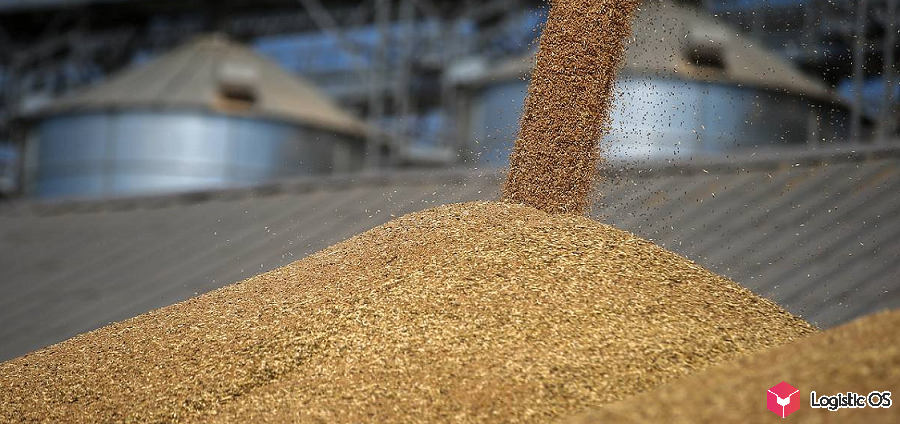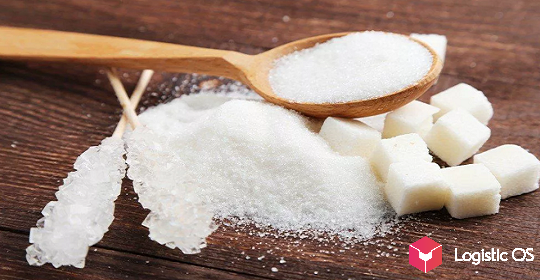In 2020, the Russian government took unprecedented measures to curb grain exports. And these measures may remain for a long time.
These measures include the following:
— Introduced quotas for the export of major grain crops from February 15 to June 30 (17.5 million tons).
— Introduced duties until June 30. At the moment for wheat it is 25 euros per ton. If you export over quota, you will have to pay already half of the proceeds.
But this is not enough: at the moment, the Subcommittee on customs and tariff regulation of the Ministry of Economic Development of the Russian Federation has already decided to increase the export duty on wheat to 50 euros per ton (twice). This will be done from March 1st.
At the same time, farmers should not wait for a miracle and hope that after June 30, 2021, the duty will disappear. This was stated by the head of the Ministry of Economic Development of the Russian Federation Maxim Reshetnikov.
According to him, there will be no zeroing of export duties from July 1. Therefore, there is no point in keeping our grain «in the bins» now.
Instead, it should be actively sold to the domestic market. In order to stimulate internal trade, in fact, all these «draconian» measures were introduced.
In general, the government is considering a model that provides for the constant use of floating rates for grain exports (and, more broadly, for all agricultural products).
The Ministry of Economic Development and Trade will be able to quickly increase or decrease rates in order to regulate producers: how much of the products they export, and how much they sell domestically.

5 problems the duty can cause
On paper, everything is very smooth, but in reality, great difficulties can arise.
— Loss of leadership in the world market. Russia is currently the largest (!) grain exporter in the world. If it supplies less of it, the United States, Australia and Canada will take away the «crown» obligation.
— Rising prices instead of falling . The Russian government really wants to reduce prices on the domestic market, limiting export. The scheme looks logical, if you do not take into account the fact that Russia is the largest exporter. The less grain it sends abroad, the more world prices rise. And the internal ones «pull up» after them.
— Tension in business. All of the above measures seem very harsh, and their application in peacetime is puzzling. Especially considering that the grain harvest in Russia in 2020 is almost a record.
— Reducing the investment attractiveness of the agro-industrial complex. What is the point for new farmers to enter a market where there is no stability and where they constantly “tighten the screws”, reducing the potential profit? There is a fear that the former players will also leave.
— Export “despite the duty.” No doubt: it is high. But the prices for cereals are growing even faster. And given the depreciation of the ruble, it may be profitable for producers to sell abroad, receiving even only 50% of the money.
It is quite possible that this will force the Russian authorities to raise the duty or reduce quotas. But most experts agree that this is a dead-end path.

